Is Social Work Feminist Enough?
Welcome back to the Social Work Café blog, where this week the fabulous Jac McNamara returned to the café.
You first met Jac in episode 15, where we reflected on our IFSW Europe conference adventure.
Well, since then, Jac has gone overseas again!
This time she joined staff from the Helem Yumba Healing Place, to attend the Healing Our Spirit Worldwide Conference in Vancouver.
It was lovely to hear that Jac found the conference to be an incredible experience and one that will continue to inform the evolution of her own feminist framework that is radical, critical, intersectional, and committed to decolonisation.
On that note, we turned our attention to the topic for the podcast regarding feminism in social work.
I was curious to first learn about Jac’s journey into feminism, which of course was influenced by her social work studies (which began at the age of 17).
Jac became the first person in her family to obtain a degree, which is in keeping with many of the students I have taught as well as my own background.
#GoUs
Jac clearly took to social work study because she quickly went onto doing a master’s research project, where she explored professional identity in health.
While doing this project Jac also worked in the field alongside women and girls experiencing trauma and gendered oppression.
I can see how “the flames of feminism were stoked” in these settings (I loved that statement from her).
Despite these experiences, Jac speaks to the gender-blind spot that was in her master’s research (the same blind spot in my PhD) and sought to rectify this issue in her PhD.
While critically examining the origins and development of social work, in the broader context of the sociology of professions, Jac identified that while we are a profession largely consisting of women, our knowledge base has been devised and reinforced by androcentrism.
From here, Jac untangles multiple schools of thought that gained prominence within the political left since the 1960s (e.g., socialism, communism, and postmodernism), all of which have ended up largely ignoring the systemic oppression experienced by women as a class group.
Alongside the problems with these schools of thought that gained prominence within social work, the broader backlash against feminism from the political right, especially in the 1980s and 1990s also unfolded (and continues today).
Jac highlights this further when she speaks about the fabulous Gail Dines, who analyses the overlaps between neo-liberalism and patriarchy.
On this basis, Jac argues that women-centric knowleges has been absent in social work, and feminist theory and practice have been on the periphery.
What an analysis!
So, if we are to address the systemic oppression of women and girls, we need feminism in social work.
If we are to address the sexual division of labour and the absence of women-centric knowledges in social work, we need feminism in social work.
To centre feminist theory and practice in social work, Jac points us in the direction of great feminist activists and writers like bell Hooks and Andrea Dworkin (whose entire feminist canon you can download for free).
I also recommend Pavla Miller.
Jac also gives some amazing advice about collectivising, consciousness raising and taking action in disruptive and transformative ways.
I think we could use the question that Jac frequently poses and workshops collectively with her field education students: “What little thing can you do to resist?”
What is key here is that we don’t do this work alone but together, whether it be within supervision settings or other networks and partnerships.
On that note, Jac encourages any listeners or readers to email her directly: jmcnamara@csu.edu.au
We then come to the final part of the interview, where Jac gives her definition of social work:
I like to position social work at all practice levels, as a collective, political, and social justice response to oppressive structures. In that, we are a profession that must remain congruent of our role in either perpetuating or enabling these structures, versus disrupting and transforming those.
Considering the depth of ideas here, I think two sentences are justified!
What I love about this definition is how it turns attention back onto social work and our capacity for oppression, which is something we must always be vigilant about.
Excuse me while I go burn some more bras.
Stay feminist social work.
Dr. B

